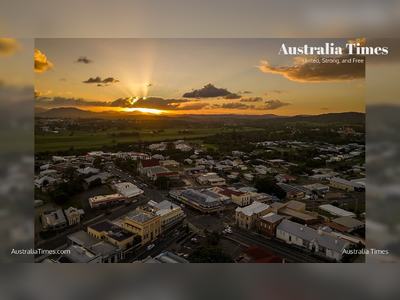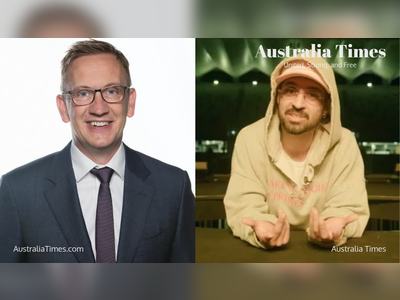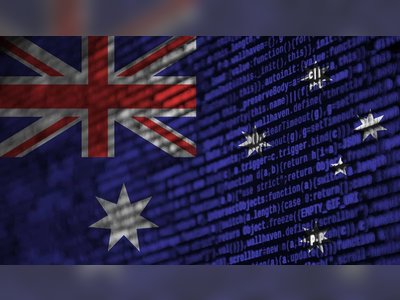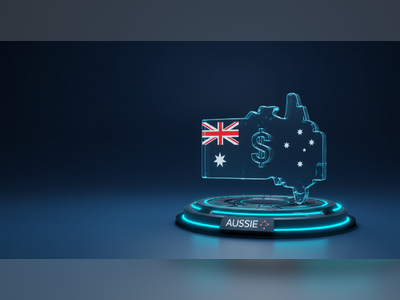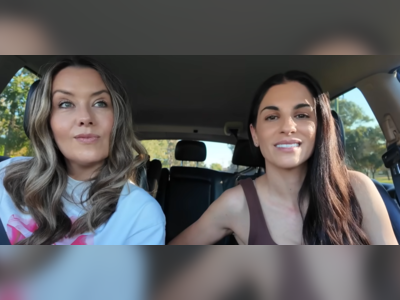Australia Will Not Permit Free Use of Copyright-Protected Works for AI Training
The Australian Government has officially announced that it will not proceed with amending the Copyright Act 1968 (Cth) to introduce a broad “text and data mining” (TDM) exception that would allow artificial-intelligence (AI) developers to freely train models on copyright-protected works. In a statement issued by the Australian Government on October 26 2025, Attorney-General Michelle Rowland reaffirmed that the Government “has no plans to weaken copyright protections when it comes to AI.”
The decision follows the release of an interim report by the Productivity Commission in August 2025 titled Harnessing Data and Digital Technology, which proposed a possible amendment to the Copyright Act to permit a fair-dealing exception for TDM, thus enabling AI-model training on copyright works without licence or payment. Proponents argued this would support AI innovation and deliver economic benefit. The Government has now explicitly ruled out such a carve-out.
According to the Minister’s media release, the Ministry will convene its newly formed Copyright and AI Reference Group (CAIRG) to consider how existing laws might be clarified or updated — but any changes will not include a blanket TDM exception. The reference group will examine options such as whether a paid collective licensing framework should apply to AI-use of copyrighted material, how the law should apply to AI-generated content, and proposals for a new small-claims forum to expedite enforcement of lower-value copyright disputes.
Minister Rowland emphasised that “artificial intelligence presents significant opportunities for Australia and our economy, however it’s important that Australian creatives benefit from these opportunities too.” She added that “Australian creatives are not only world class, but they are also the lifeblood of Australian culture, and we must ensure the right legal protections are in place.”
The creative-industries sector in Australia broadly welcomed the Government’s stance. Organisations including the Australian Recording Industry Association, the Australian Society of Authors and the Australian Writers’ Guild had strongly opposed the introduction of a TDM exception, citing concerns that it would permit AI companies to access and exploit works without permission or remuneration. Reports note that some in the tech sector — including founders of major firms — had sought change to Australia’s copyright regime, arguing its absence of a US-style “fair use” doctrine represented an obstacle to domestic AI development and investment.
Observers note that Australia’s existing copyright law offers only narrow “fair dealing” exceptions — for purposes such as research or study — and does not currently permit large-scale text or data mining for AI training without rights-holder consent. The Government’s announcement therefore sets a clear line: any AI-training usage of copyrighted works must continue to be negotiated, licensed or abide by existing copyright framework.
The Government also emphasises that while it rejects the TDM exception, it remains committed to enabling innovation. The CAIRG’s agenda will include clarifying how AI-generated material interacts with copyright, exploring collective-licence models for AI training, and streamlining enforcement of creators’ rights. In doing so the Government aims to strike a balance between the twin goals of fostering AI capability and ensuring that Australia’s creatives are not disenfranchised from the emerging digital economy.
By reaffirming the primacy of creator-rights in this policy decision, Australia signals that while it embraces the promise of AI, it will not do so at the expense of its cultural economy, creative talent and domestic content-owners. The reference group is expected to report on next-steps later in the policy-cycle.

